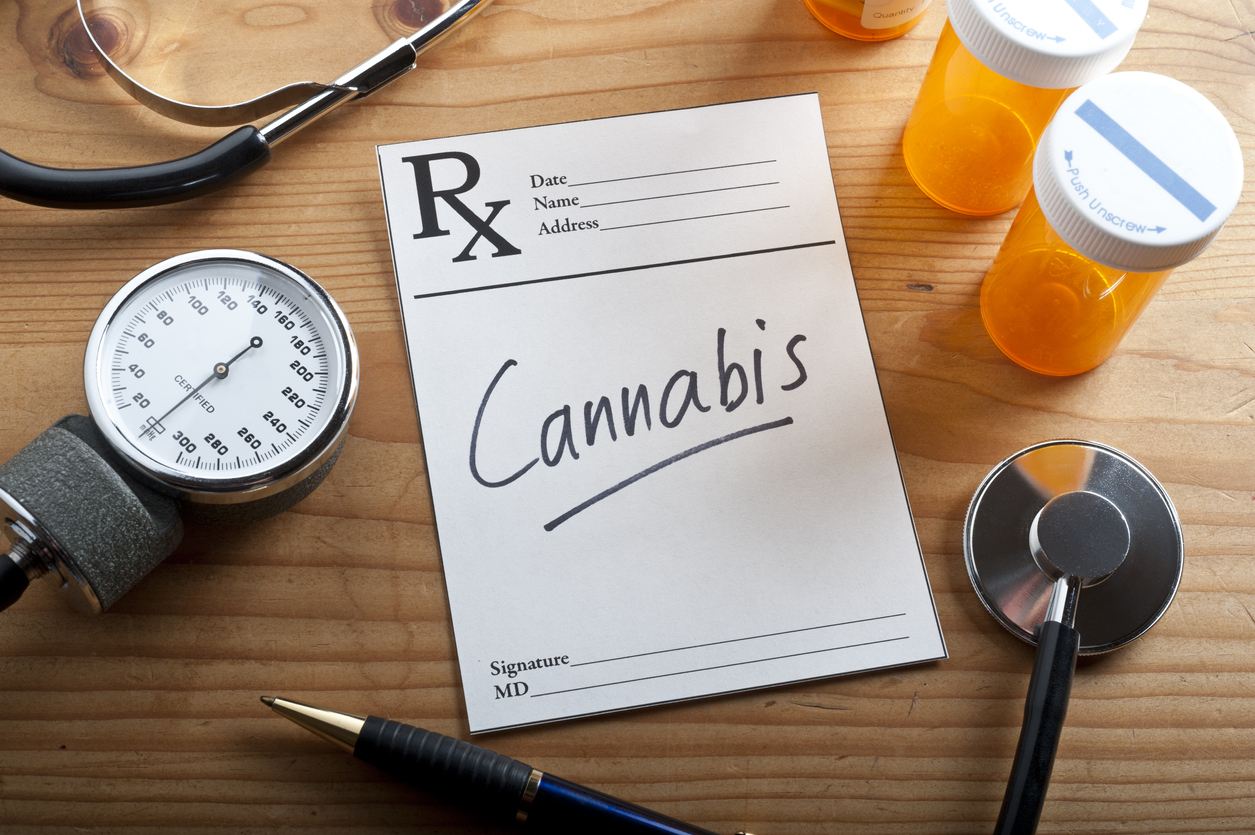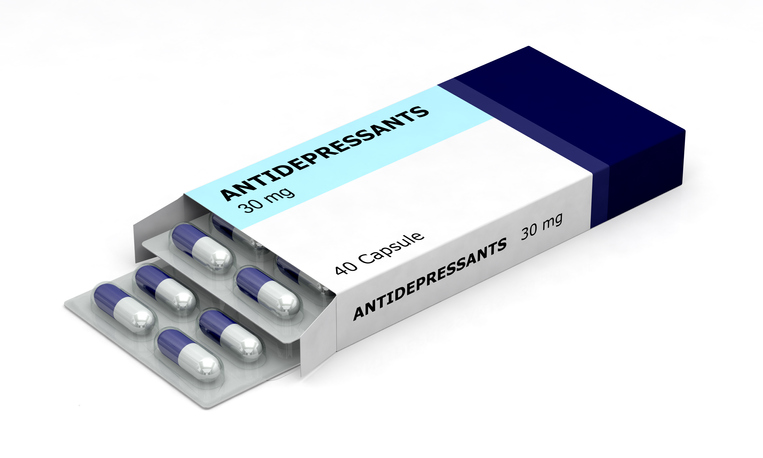Treatments
Risks of Medical Cannabis Use
Source: National Center for Biotechnology Information: U.S. National Library of Medicine: National Institutes of Health, National Center for Complementary and Integrative Health: National Institutes of Health, WebMD, Mayo Clinic

2 people found this helpful
Print
Share
Save
Medical Cannabis, or cannabis, has gained increased acceptance over the last decade as a viable treatment option for chronic pain conditions. Cannabis is an alternative treatment option to conventional chronic pain medications, such as opioids. However, although medical Cannabis treatment does help reduce pain, it also carries some risks. Potential side effects include gastrointestinal issues, euphoria, balance issues, dry mouth, fatigue, hallucinations, paranoia, agitation, anxiousness, and reduced concentration. Other risks of medical Cannabis treatment include, but are not limited to, the following:
- Brain impairment
Cannabis can impair memory and the ability to learn and focus. Cannabis use during the teenage years is linked to permanent changes in the brain. - Distorted thinking and senses
Cannabis heightens the senses, which makes sounds seem louder and colors seem brighter. Sense of time can also be impaired, and disorientation can occur. - Driving hazard
Due to decreased reaction time and alertness, driving under the influence of Cannabis is inherently more dangerous. - Potential harm to unborn children
Pregnant women who use Cannabis are at risk of having premature or underweight babies. - Cannabis use disorder
Long-term use of medical Cannabis can lead to physical dependence on the drug. Symptoms include restlessness, cravings, withdrawal, lack of control, and neglect of personal and professional responsibilities. - Falls
Because potential side effects of cannabis use include dizziness and distorted senses, the risk of falling increases, especially among older adults. Orthostatic hypotension (significant blood pressure drop when standing from a sitting or lying down position) may occur, which also increases the risk of falling. - Mental disorders
Hallucinations are a potential side effect of high doses of cannabis. Anxiety is also a potential side effect of cannabis. Symptoms of preexisting post-traumatic stress disorder (PTSD) and anxiety may worsen. The use of cannabis increases the risk of developing depression. It also increases the risk of schizophrenia, early onset psychotic disorders, and other mental illnesses in individuals who are predisposed to these conditions. - Lung issues
Smoking or vaping medical Cannabis can cause breathing issues. The lungs can become inflamed and irritated. Bronchitis, frequent coughing, and increased mucus may develop. The lungs may also be more prone to infections or cancer. - Heart problems
Medical Cannabis can cause an increase in heart rate, which adds extra strain on the heart muscle. Chemicals, especially tar, that may be in medical Cannabis increase the risk of heart attack or stroke. - Interaction with alcohol
Medical Cannabis can intensify the effects of alcohol. - Cannabis hyperemesis syndrome
Long-term use of cannabis may cause persistent, severe vomiting. - Contamination with harmful substances
Medical Cannabis may be contaminated with microorganisms, pesticides, or other substances. These substances may be harmful to overall health. - Unintentional consumption
Unintentional consumption of edible medical Cannabis is possible. Medical Cannabis should be kept in a place that is not accessible to children. Medical Cannabis products like gummies and lollipops look like candy and accidental consumption can occur, especially in children. Unintentional consumption of medical Cannabis, especially in children, may require emergency room treatment and admission to a hospital.


















